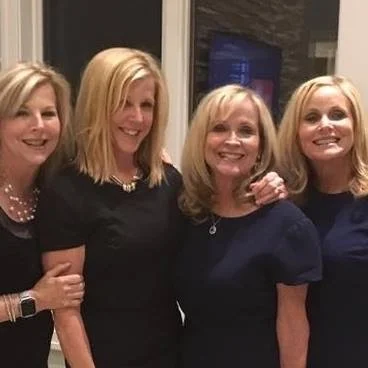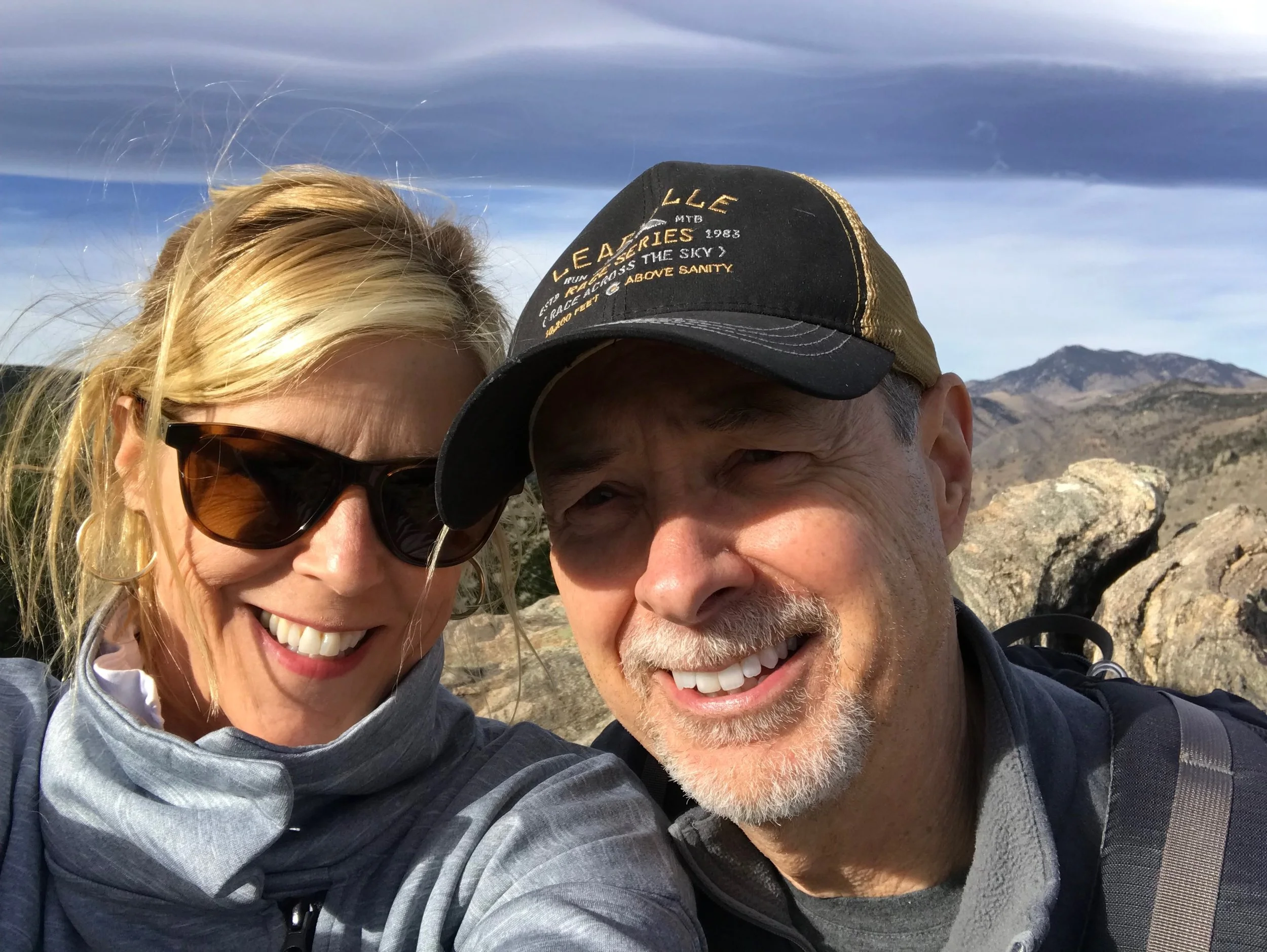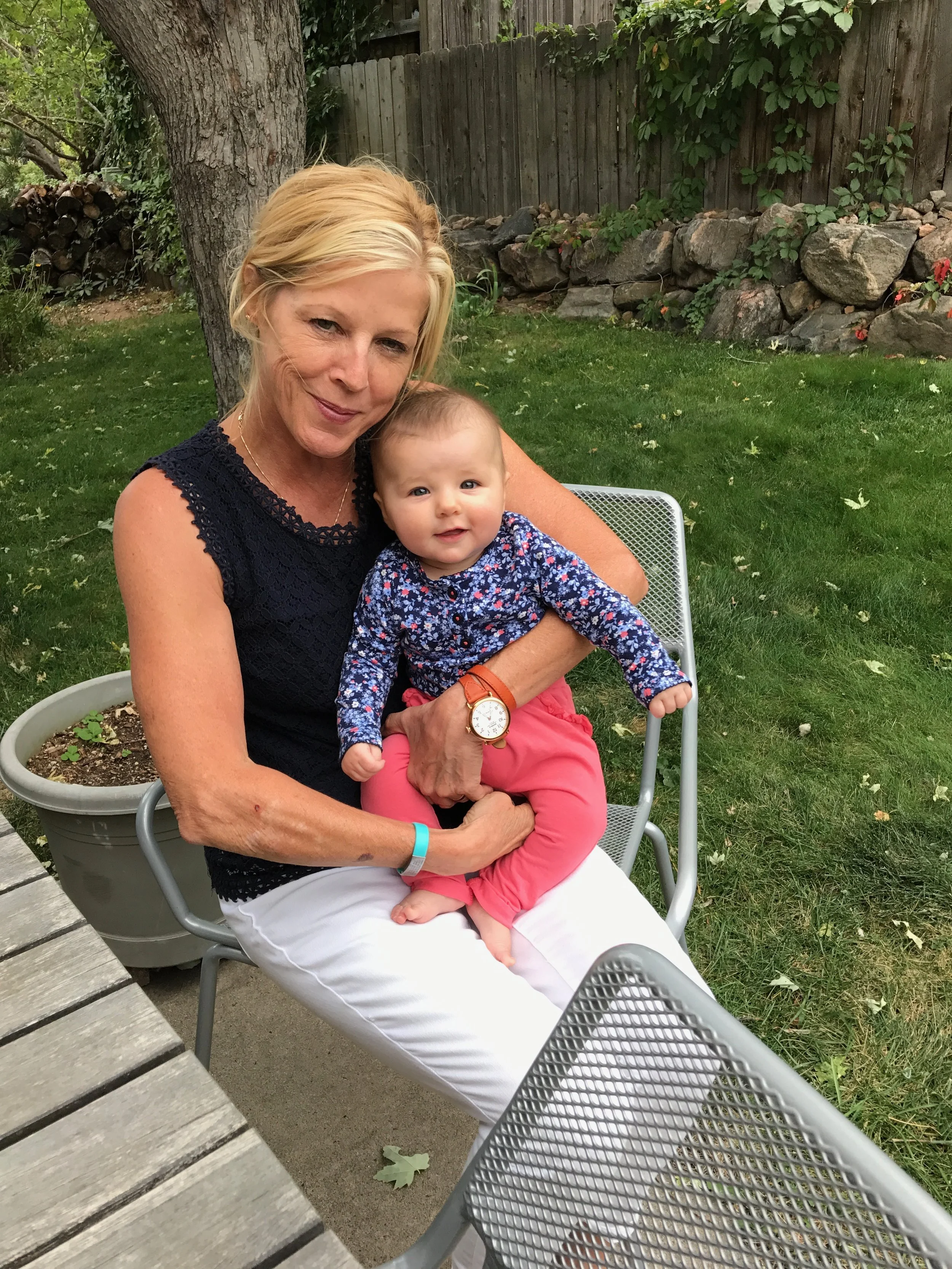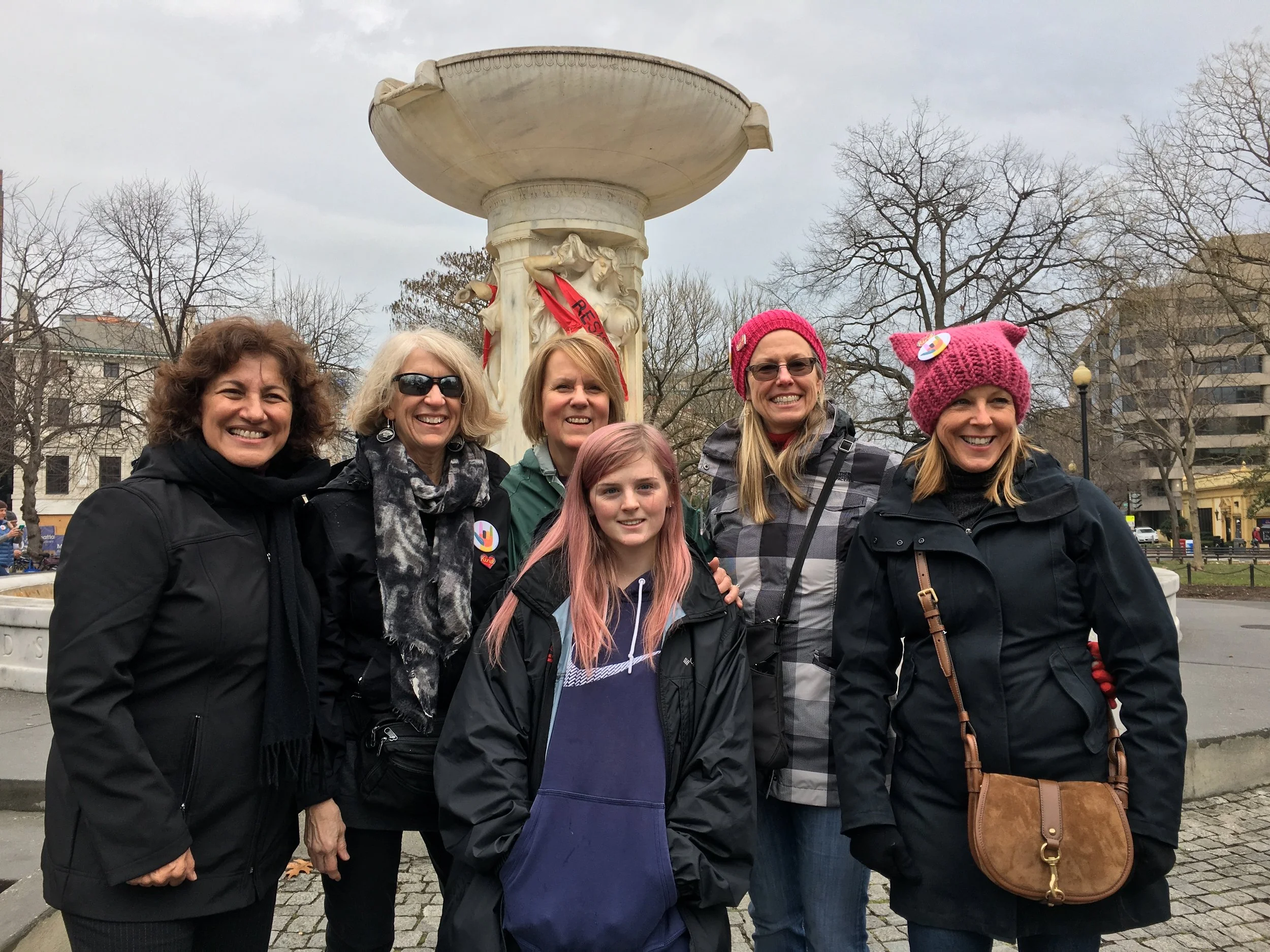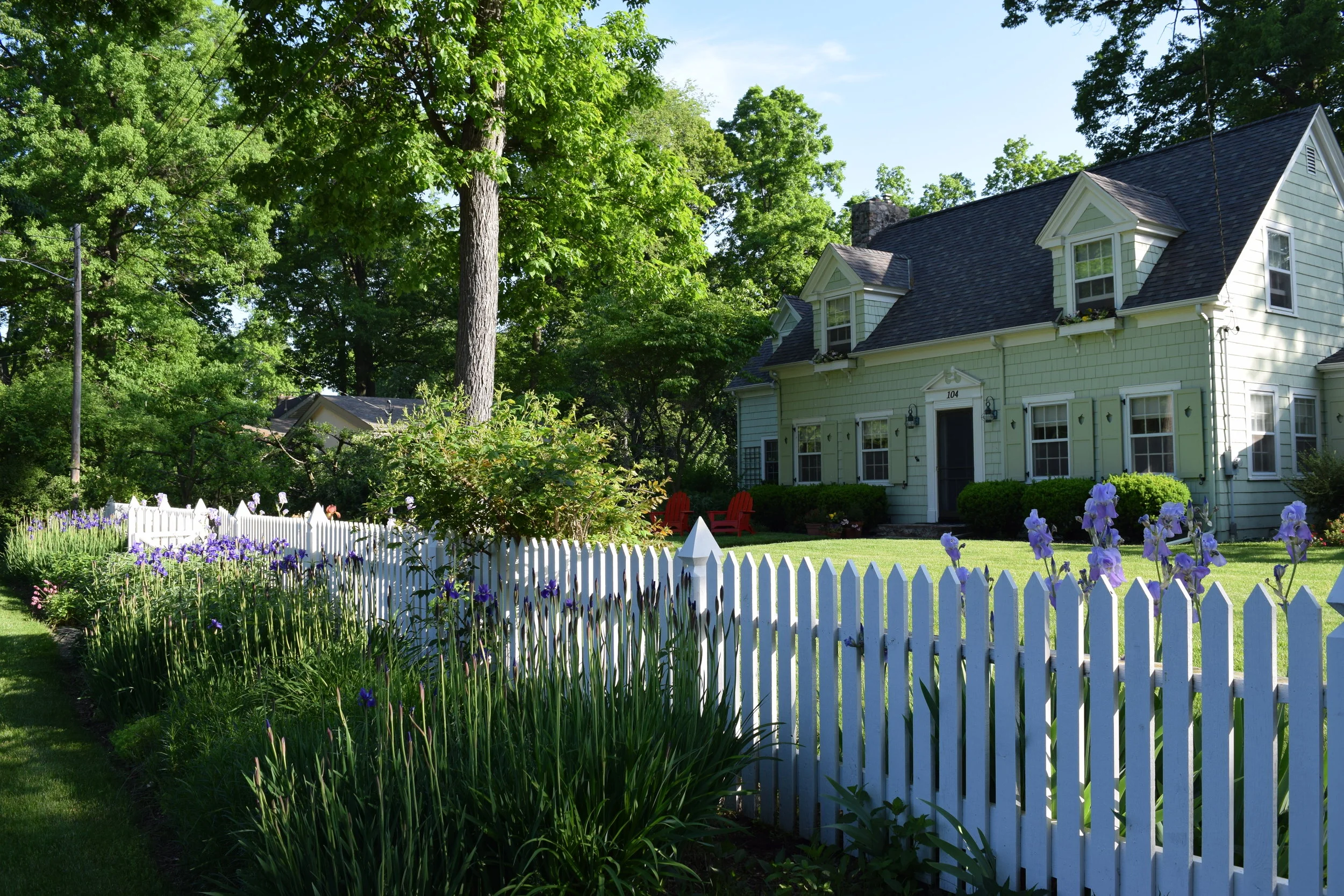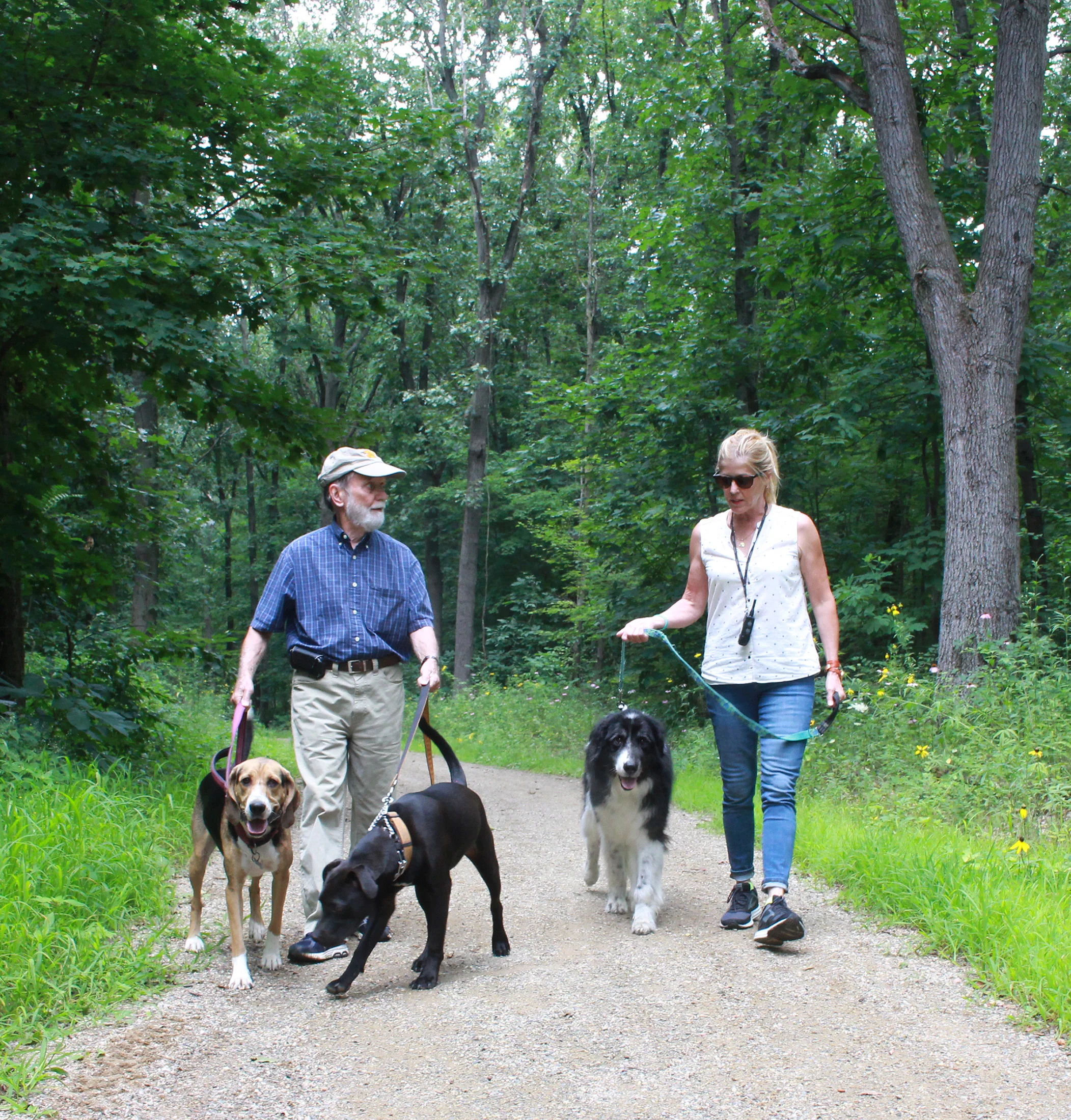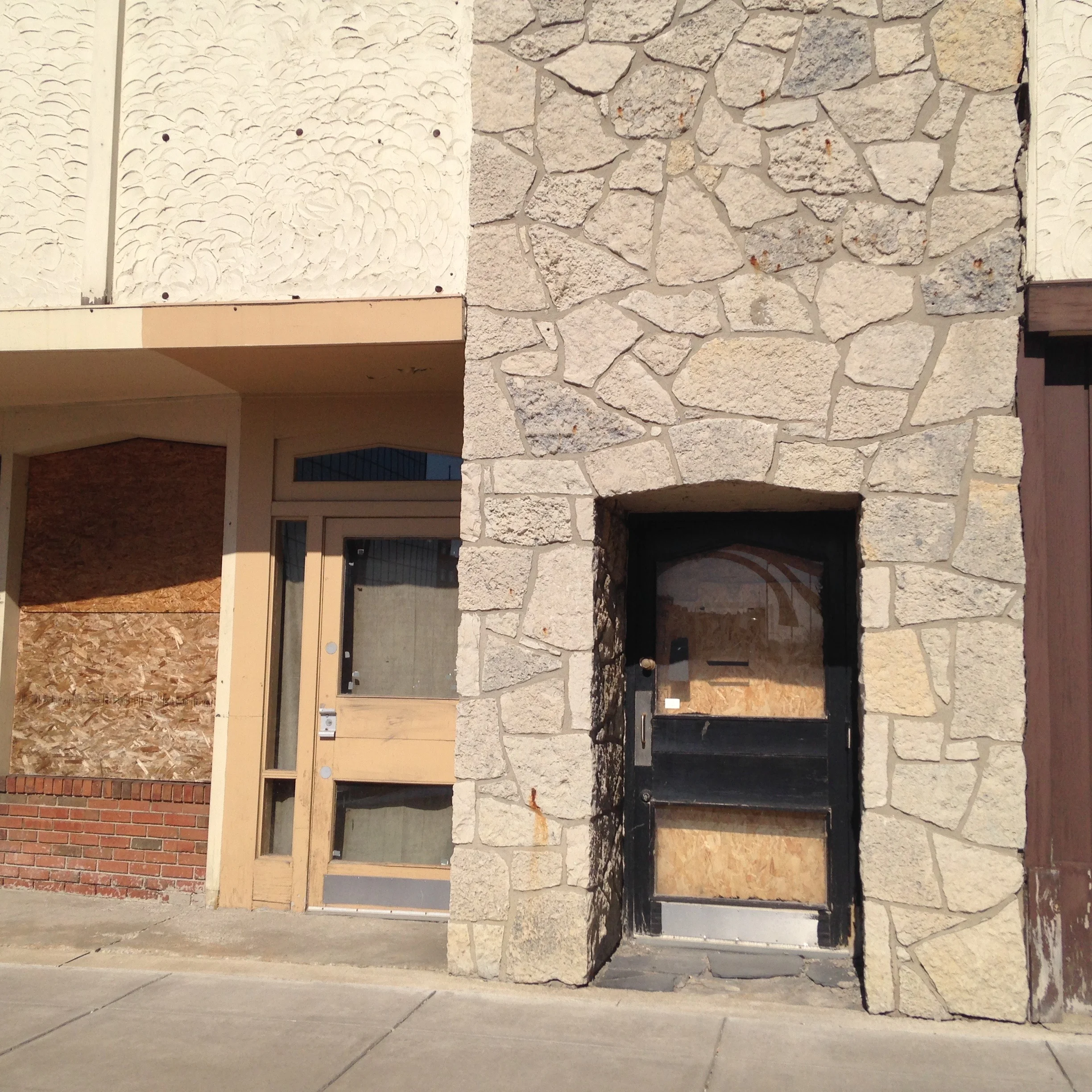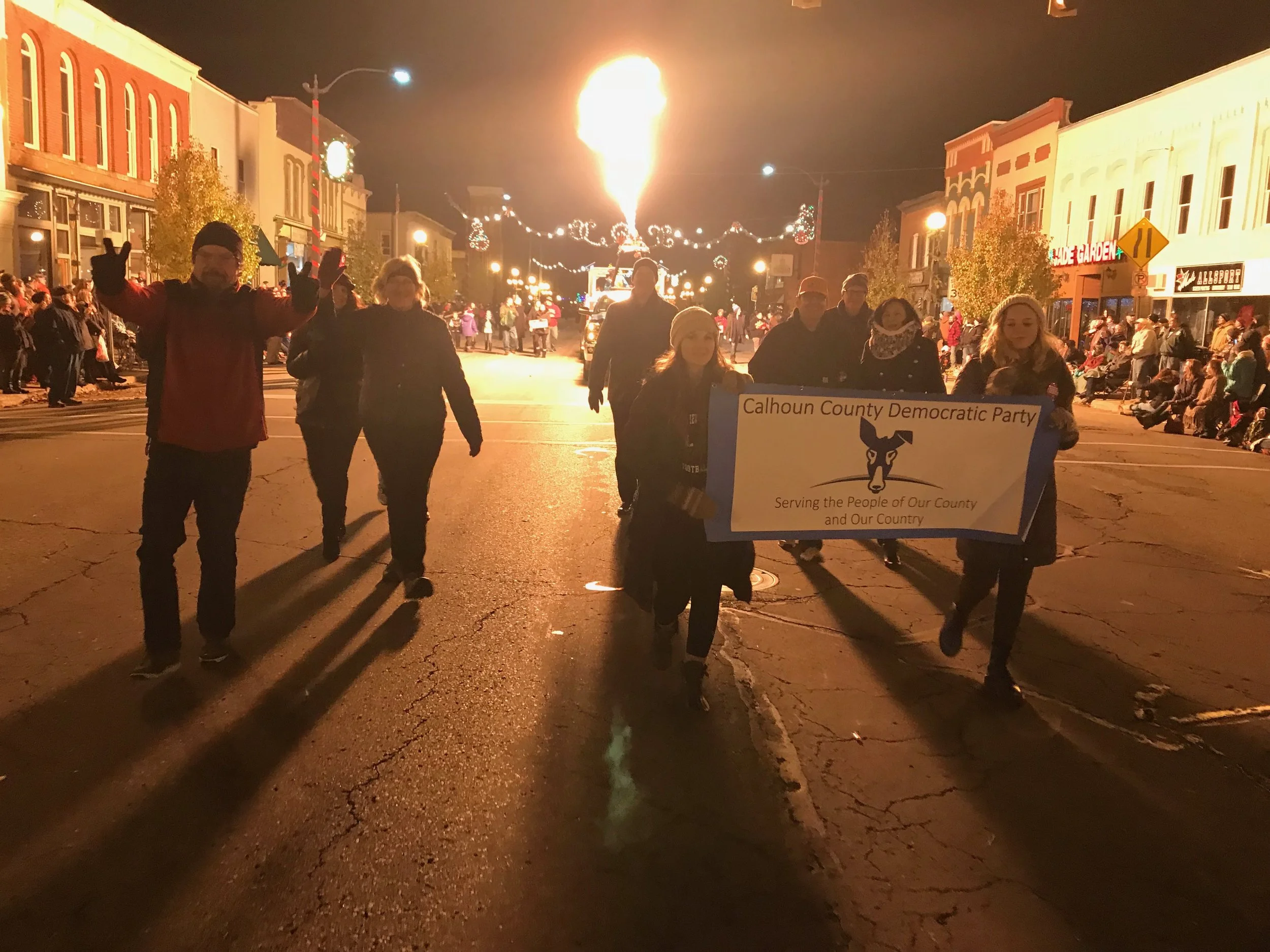Who is Nancy Mcfarlane?
Nancy Macfarlane is a Detroit-area native who has worked in public service for many years, including as a Battle Creek city commissioner. She has lived in Battle Creek for 34 years and raised two kids here. Currently she is self-employed as a non-profit consultant, primarily doing grant writing.
Excerpt from interview with Nancy Mcfarlane by Whitney Dow, 2017
I have a kind of interesting—had an interesting experience as a Battle Creek City Commissioner. I live in a very nice neighborhood right now. My neighbors are fairly affluent, professional people. Most of them belong to the Country Club, which is on Goguac Lake. I don’t live on the lake, but I live adjacent to a park that is on the lake. And before I got on the City Commission, I began to be perplexed as to why this park was the only park in Battle Creek that had an admission, and was only open for very limited hours, like sixty days of the year. And it’s this beautiful, beautiful piece of property. And I decided that I was going to take that on as a personal project. So, when I got on the City Commission, I wanted to open it up to be open year-round and free, free of charge, like every other park that’s paid for with taxes. And it was probably, oh, right up there with one of the most unbelievable experiences of my life, the backlash that I got from my neighbors. We held public hearings, and they were—around the community, I had some volunteers with United Way who happened to be African American, and I reached out to have them participate. And one woman said, “I can’t come. Nobody will like that I’m there.”
And the things that were said about people who used the park; my favorite line from somebody was—I’ve got to remember this exactly—“Unsavory characters with boom boxes in less than desirable vehicles.” And when that person said it to me, I said, “Well, who are you talking about?” Because it had been up for a vote at the City Commission, and one of the other commissioners said this is all about race and class, opening the park up, and the resistance to it. And so, when he made this comment, I said, “So, who are you talking about?” He said, “Well, I’m talking about Lakeview High School students.” I said, “No, you’re not. Just don’t even go there with me. I can’t even talk to you about this.” The minute I left the Commission, they put a fee back in to enter the park. Somebody said to me after that happened that they were glad, because the blacks wouldn’t—there wouldn’t be as many blacks in the park.
So, having these things being said that are so hurtful, and my reply to that person was, “You know, I don’t like that. You know I don’t like it when you say—that’s a horrible thing to say.” So, racism is alive and well. We know it. It hasn’t gone away. It’s really insidious. It’s very hard to fight. It’s so engrained in us that it’s just difficult. So, I think this conversation, if we can have conversations and be honest, would be wonderful. But they’re really hard to have.
Interview Transcript
Participant-Submitted Photos
